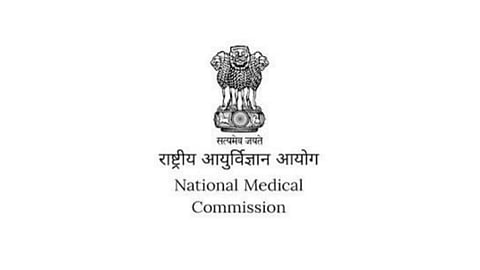The 2022 guidelines had allowed non-teaching doctors to become assistant professors after just two years in 330-bed non-teaching hospitals that were being converted into medical colleges. This provision was introduced as the government was converting several district hospitals into new medical colleges, and the norms had specified that it would be a one-time exception.
Diploma Holders and Senior Residents Benefit Too
Senior residents with diplomas working in the same institute are now eligible for promotion as assistant professors.
Additionally, doctors who have been teaching NBEMS-approved diploma courses can now be promoted to professor roles in NMC-approved medical colleges—if they’ve spent at least three years as postgraduate teachers.
Publication Rules Eased
The rules around research publications for professor promotions have also been relaxed. Now, only two research papers are required at the associate professor level, in contrast to the four that were needed earlier.
There’s no longer any requirement to be listed as the first or corresponding author, which was mandatory under earlier MCI rules.


